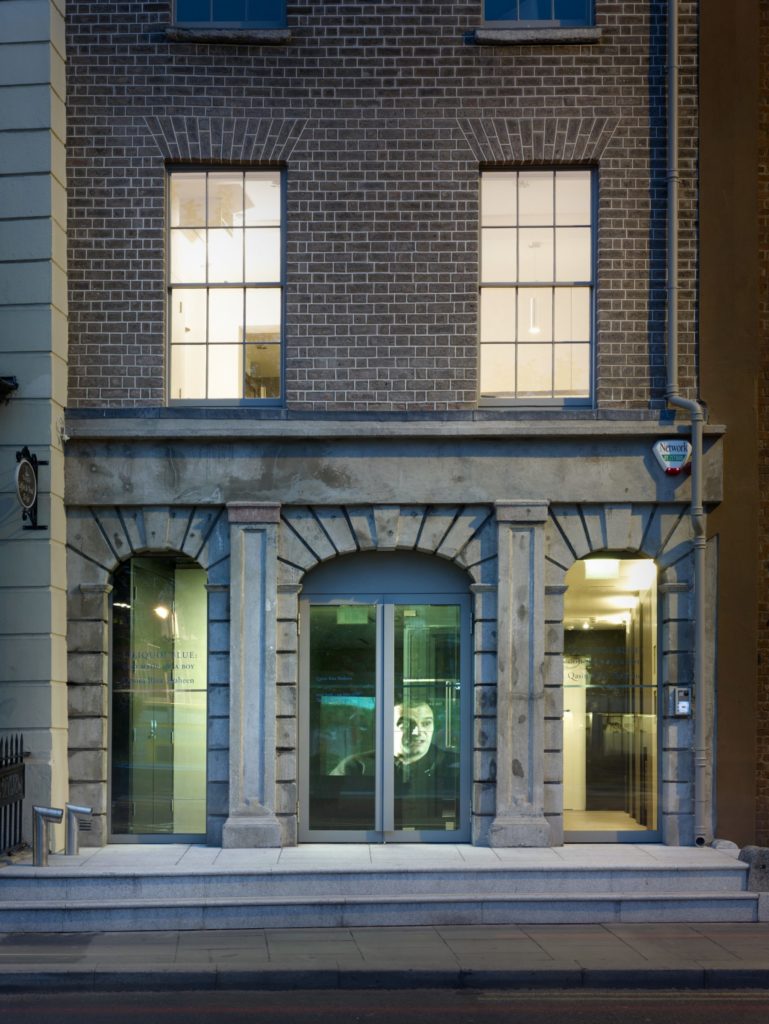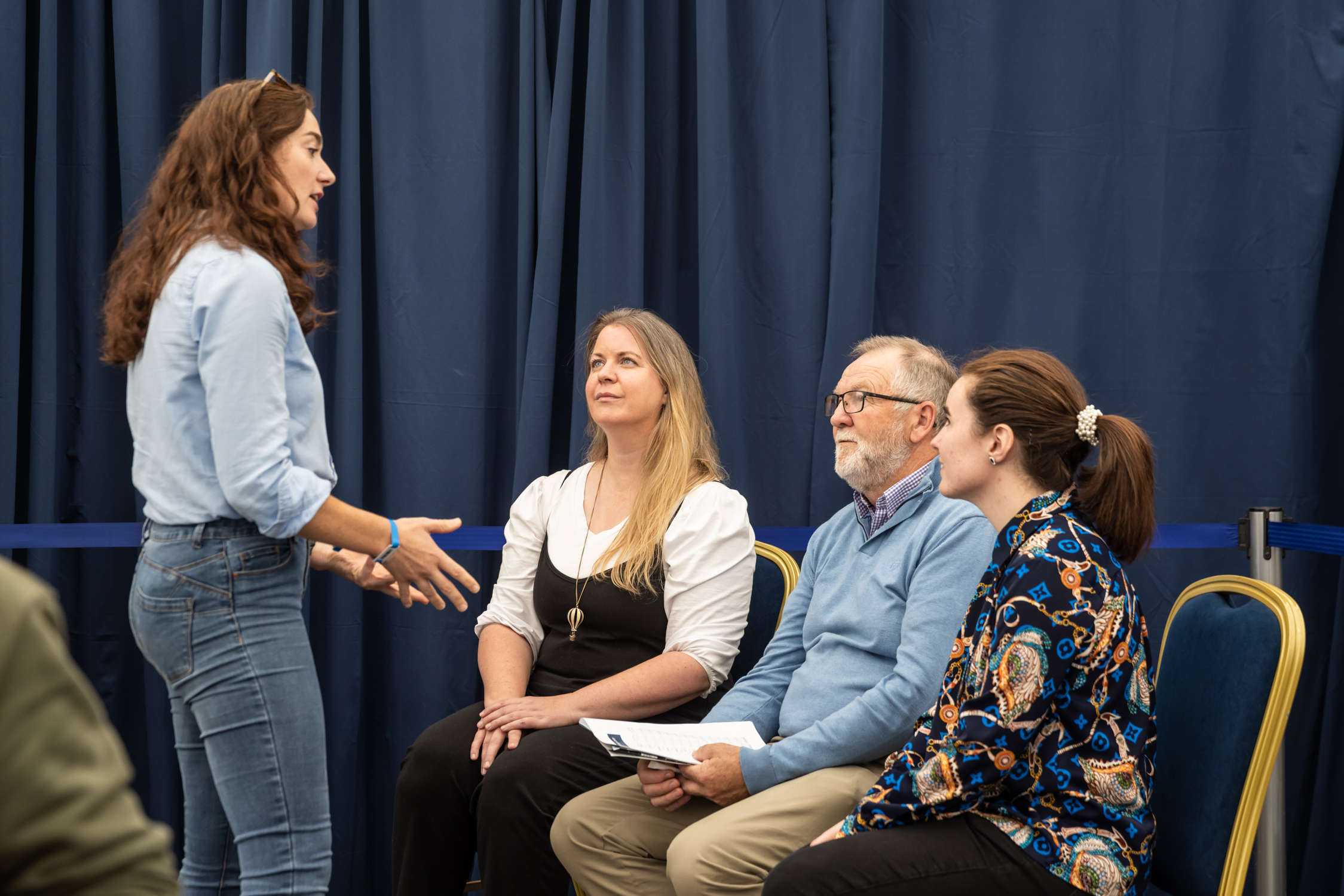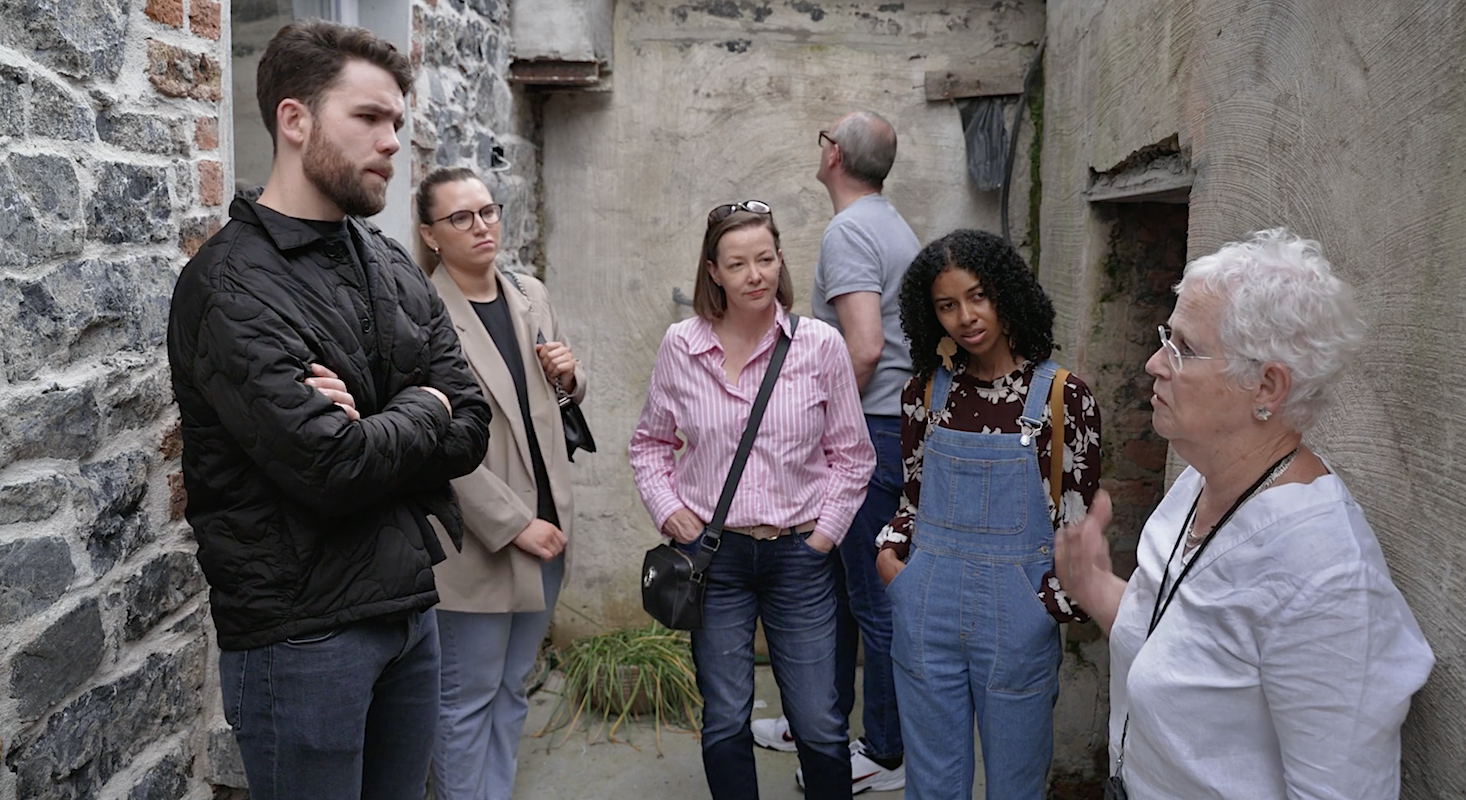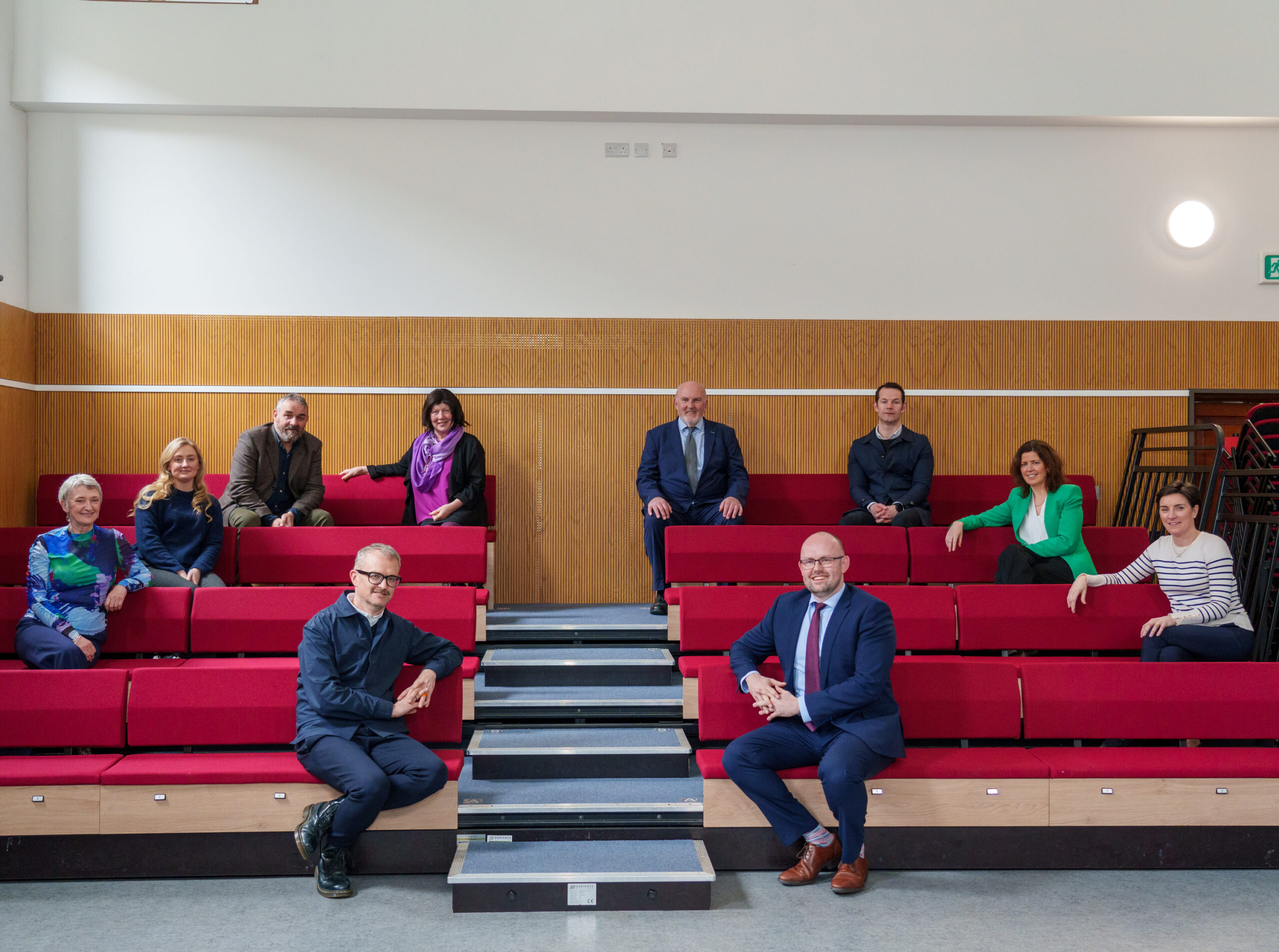
When: Wednesday, December 1st, 3pm.
Booking Required
Historically, pandemics have caused major shifts in the social, economic, and political trajectories of the world around us. This is evident when tracing the evolution of architecture, housing typologies, engineering, and urban design. Responses to infectious diseases such as cholera, TB, and influenza have led to the development of public sanitation, greater ventilation, and even the creation of public spaces such as Central Park in New York.
As the pandemic forces us to reimagine how we experience the places we live, work, and connect, we are taking a moment to reflect on what we want from our towns. Maybe we have had a chance to trial new ideas which can have a lasting impact? Or perhaps we are overlooking important opportunities for creating healthier, happier places.
In this session, we will hear from these speakers.
Orla Hegarty
Orla Hegarty is an architect, and an assistant professor at the School of Architecture, Planning and Environmental Policy in UCD. Her areas of work and interest are the built environment, housing and urban policy, standards and sustainable development. Her current area of work also includes public health, environmental aspects of the pandemic and prevention.
Valerie Mulvin
Valerie Mulvin is a co-founder (with Niall McCullough) of McCullough Mulvin Architects – a Dublin-based collaborative practice making modern architecture in Ireland. She recently published the book “Approximate Formality – Morphology of Irish Towns” which discusses the origin, originality, and potential of towns and town plans in Ireland, from earliest times to the Famine, so they can be understood as a part of European and world culture.









